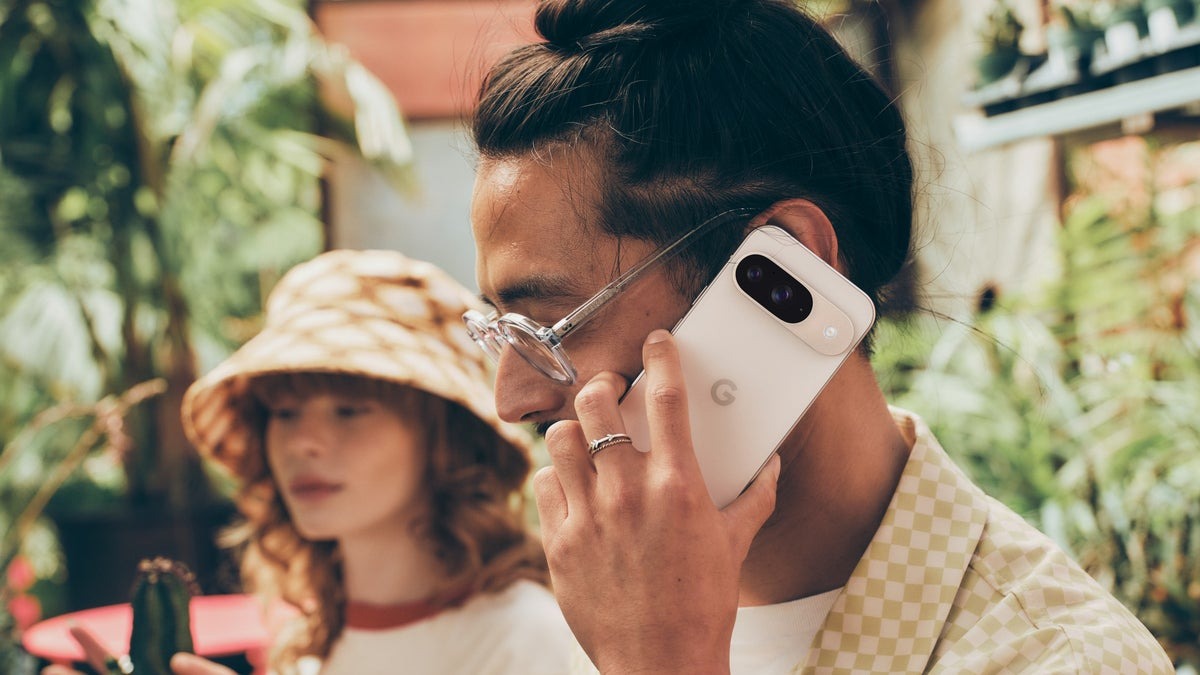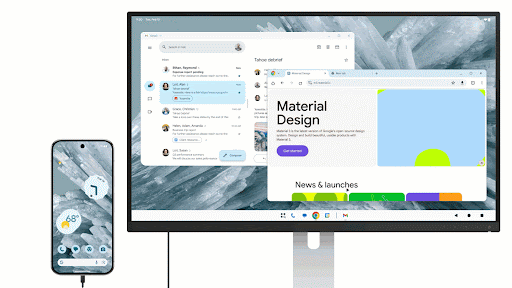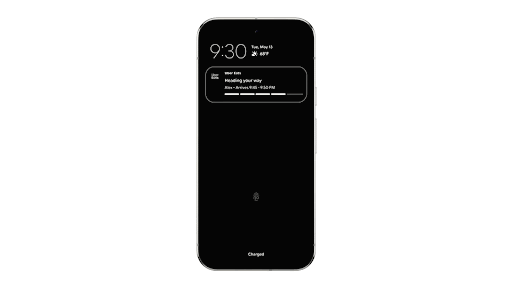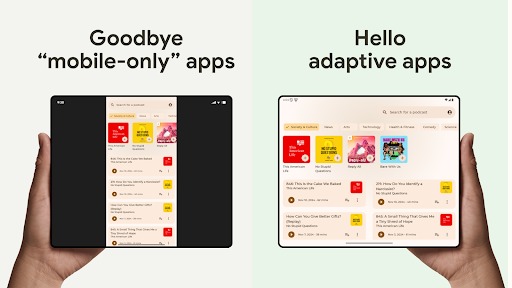Android 16 is rolling out now — here are 7 upgrades I can't wait to check out, including replacing my laptop
Can your Android phone replace your laptop with Android 16?

Sign up to receive The Snapshot, a free special dispatch from Laptop Mag, in your inbox.
You are now subscribed
Your newsletter sign-up was successful
On Tuesday, Google announced on its Android developer blog that Android 16 started rolling out to supported Pixel devices, including several new features I've been itching to try on my Pixel 9a since they were announced on May 13 ahead of Google I/O 2025.
It may not be as exciting as a Google Pixel 10 announcement, but it means the Pixel phone (and more Android phones in the coming months) that you already own will be getting some enticing new upgrades. Google’s latest update offers a splash of fun additions, along with some upgrades that push Android even closer to becoming a potential laptop replacement for some users.
After digging through the announcements, here are the seven most exciting features in Android 16 that may get you to download it as soon as possible.
1. Desktop power with a connected display

Let's start with one of the most compelling features for us as laptop and mobile tech enthusiasts: the enhanced desktop experience when connected to an external display.
We've lived some form of this dream with Samsung Dex in recent years. In our Hot Swap series, one writer traded their laptop for a phone with Samsung Dex and a monitor, while another writer went even more mobile with a Samsung Dex phone and XR glasses.
Now, the rest of the Android world gets desktop-style performance when connecting your phone to a monitor or glasses via USB-C. This will now give you a taskbar, resizable windows, and the ability to run multiple apps side by side.
The phone display and monitor act independently, so you can also still pick up your phone when that's quicker than the desktop experience. Add a portable keyboard, such as the Logitech Keys-To-Go 2, and a small mouse, like the Targus ErgoFlip Ecosmart mouse, and you've got a complete laptop replacement that can fit in the smallest bags.
Sign up to receive The Snapshot, a free special dispatch from Laptop Mag, in your inbox.
This feature is now in developer preview and coming in a general release later this year.
2. Material You is getting more expressive
Android 16 lays the groundwork for “Material 3 Expressive,” a fancier, more consistent version of Android’s visual design language. While the full changes are coming between July and September, early adopters will notice more polish in animations, layout spacing, and app transitions.
One important change: apps targeting Android 16 can no longer opt out of edge-to-edge layouts, meaning all apps will look more modern by default. It's not the massive visual refresh that Apple revealed with Liquid Glass at WWDC 2025 on Monday, but no one is going to be upset about a cleaner and more polished Android.
3. Creator camera upgrades
If your phone doubles as your camera rig, Android 16 is packed with perks. Night mode scene detection gets smarter, color temperature can now be fine-tuned, and motion photos are easier to capture with new built-in Intent actions.
Google also continues to push UltraHDR forward, adding support for HEIC encoding and integrating with professional video workflows thanks to the new Advanced Professional Video (APV) codec. Whether you are someone who knows what all of that means or not, the takeaway is that you'll have more tools to ensure your images look their best on Android.
4. Predictive back gestures
Back gestures are a pain point for a lot of people on Android, and they are getting smarter and more consistent. Android 16 introduces predictive back navigation by default, even for users who still prefer the classic three-button setup.
Now, when you swipe or press the back button, you’ll get a visual preview of where it’s going to take you, reducing the chances of accidentally quitting your app. On the developer side, they also have new system callbacks to fine-tune how their apps handle backpresses. This is one of those features that doesn't sound like a big deal, but it fixes an irritating problem.
5. Progress notification progress

While Android often beats the iPhone to punch on features, this is one where Google is playing catchup. Ever wonder how long your Uber is going to take or if your food’s still on the way? Android 16 introduces a new framework for building smarter, more visually clear progress notifications.
Developers can now use segments and milestones to show real-time updates for tasks like deliveries or navigation. It’s a sneak peek into Android’s upcoming “Live Updates” feature, and it should make your status bar a lot more informative.
6. Android apps adapting

As Android spreads across more form factors — foldables, tablets, and now desktop displays — it needs to get better at adapting apps to any screen size or orientation.
Android 16 solves this problem by removing aspect ratio restrictions on devices with large displays (600dpi and up), meaning apps will automatically stretch to fill the screen — even if they weren’t originally designed to. It also adds better support for resizability, portrait/landscape switching, and dynamic display changes. If you are a longtime Android tablet user like me that has felt the pain of clunky looking Android tablet apps, this should be a game-changing upgrade.
7. Under-the-hood tune-up

It's not all about new features; Android 16 adds better CPU and GPU usage tracking for games and demanding apps, smarter job scheduling for background tasks, and system-triggered performance profiling.
On the privacy side, users can now limit access to shared media for apps on an individual basis. Accessibility also gets a big win with new outline text for higher contrast and expanded support for hearing aids via Auracast.
What's next?
Android 16 isn’t a flashy overhaul, but it’s a smart and focused update that improves the Android experience and solves a few long-standing pain points for users on traditional phones, foldables, and tablets.
If you own a supported Pixel device, you should be seeing the update soon. And if you own a Samsung, OnePlus, Motorola, or other Android phone, you'll likely see the update in the coming months.
MORE FROM LAPTOP MAG
- Everything announced at WWDC 2025
- Amazon Prime Day-worthy deals in June 2025, here are 50+ discounts I recommend
- Google quietly gave Gemini a big upgrade that could change everything
Sean Riley has been covering tech professionally for over a decade now. Most of that time was as a freelancer covering varied topics including phones, wearables, tablets, smart home devices, laptops, AR, VR, mobile payments, fintech, and more. Sean is the resident mobile expert at Laptop Mag, specializing in phones and wearables, you'll find plenty of news, reviews, how-to, and opinion pieces on these subjects from him here. But Laptop Mag has also proven a perfect fit for that broad range of interests with reviews and news on the latest laptops, VR games, and computer accessories along with coverage on everything from NFTs to cybersecurity and more.


